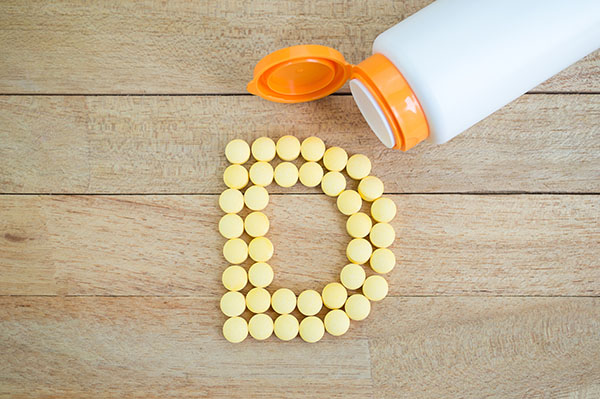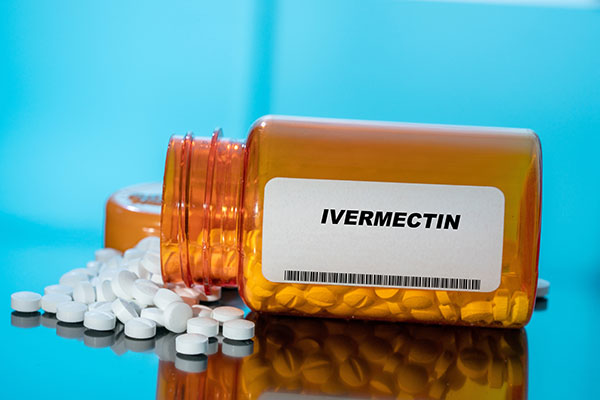
Since the outbreak of the Wuhan coronavirus (COVID-19) pandemic, several articles have discussed the potential of vitamin D to reduce the risk and severity of the disease.
A team of researchers from Hospital del Mar in Barcelona, Spain, closely monitored a total of 930 coronavirus disease patients – 551 of whom were randomly assigned to receive vitamin D along with a standard COVID-19 treatment. Results showed that if vitamin D is given early enough, the risk of death is cut by as much as 60 percent.
Currently, 142 studies are substantiating the near-perfect link between higher vitamin D levels and better outcomes in COVID patients.
The many roles of vitamin D
Vitamin D is a nutrient the human body needs for building and maintaining healthy bones and teeth. Like vitamins A, E and K, it is a fat-soluble vitamin that helps in calcium absorption, growth and bone mineralization.
It is also known for its biologic activities which affect many organ systems because vitamin D receptors are present everywhere in the body, such as in the skin, skeletal muscles, adipose tissues, endocrine pancreas, immune cells and blood vessels.
Vitamin D stimulates innate immunity and modulates adaptive immunity through the immunomodulatory action that it exerts. Vitamin D also helps decrease the production of inflammatory cytokines – signaling molecules that are produced by immune cells that promote inflammation. (Related: Vitamin D offers significant protection from covid-19, but states won't dare impose Vitamin D mandates.)
New research suggests that vitamin D may help prevent cancer, depression, diabetes and heart disease. In addition, vitamin D helps reduce the likelihood of developing the flu, according to a 2010 research published in the American Journal of Clinical Nutrition.
Prior to the COVID-19 pandemic, studies have shown that vitamin D supplementation is beneficial for lowering the risk of acquiring acute viral infection and may improve outcomes in sepsis patients and critically ill patients.
Previous studies centered on the 1918 influenza pandemic have highlighted vitamin D's role in reducing lethal pneumonia and case fatality rates. Recent clinical trials have also reported that vitamin D supplementation can reduce the incidence of acute respiratory infection and the severity of respiratory tract diseases in adults and children.
Supplementation with vitamin D during the COVID-19 pandemic
Several studies have reported that the severity of COVID-19 symptoms depends on comorbidities. The development and course of coagulopathies, as well as pulmonary, cardiological and metabolic diseases, may also be affected by vitamin D levels.
The growing evidence connecting COVID-19 infectivity and severity to vitamin D status suggests a potential benefit of vitamin D supplementation for primary prevention or as an adjunctive treatment for COVID-19. Reviews also suggest that improving vitamin D status in the general population could considerably reduce the risk of COVID-19 infection.
Sunlight exposure, preferably early in the morning, is the best way to acquire vitamin D. According to experts, vitamin D produced by the human body from stimulation by the sun's ultraviolet rays may circulate for twice as long as vitamin D obtained from food or supplements. However, the amount of vitamin D the body can produce depends on many factors like skin tone and age, geographical location and season and sunscreen and clothing, to name a few.
Because of this, vitamin D supplementation is considered a more efficient way of ensuring adequate intake, particularly for individuals likely to be vitamin D-deficient, such as older patients and those suffering from obesity and hypertension. Vitamin D supplements vary in dosage, so it is ideal to have your vitamin D levels tested first and to consult a natural health practitioner before taking supplements to ensure the most appropriate dose for you.
Follow VitaminD.news for more news related to vitamin D.
Sources include:
Please contact us for more information.





















